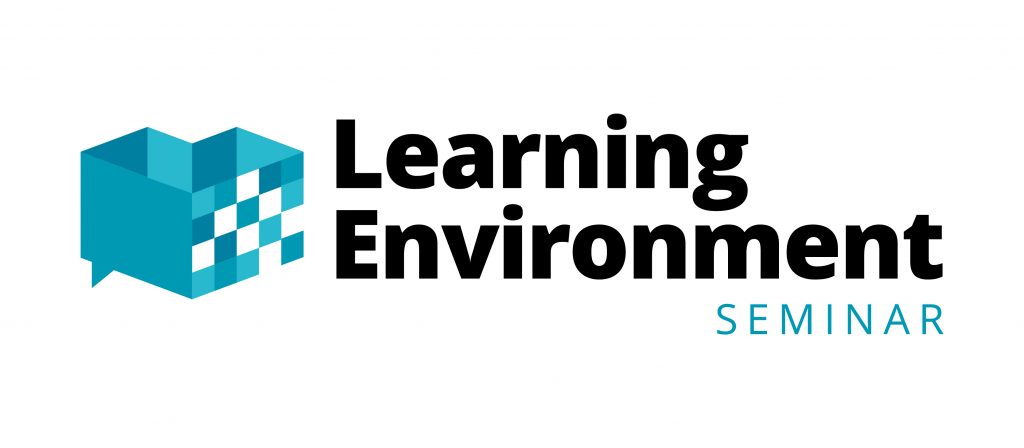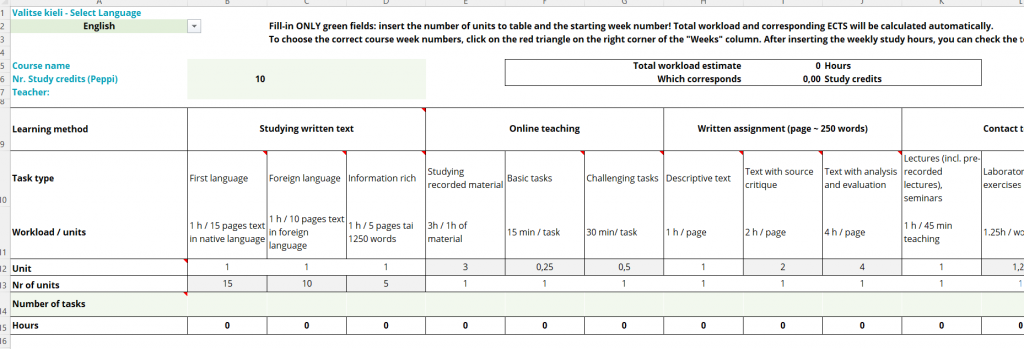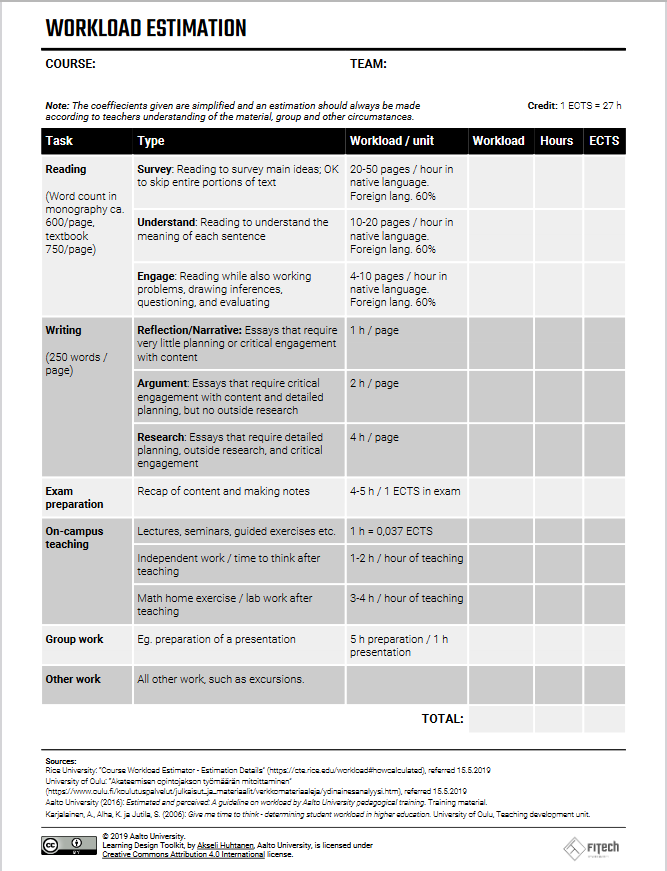“Pedagogy of Kindness” instead of “Pedagogy of Punishment”
This tip was also published in English in the Finnish language version of the site.
In the midst of the current, even heated discussions regarding Open AI’s ChatGPT and all other artificial intelligence writing and translation tools and how they may influence our work as teachers, why not focus on the human side of learning and teaching.
Learning is about interaction, as most pedagogy experts would put it. And what is interaction? Interaction is about encounters, about meeting one another, about being present to one another when exchanging thoughts, ideas, reflections, uncertainties, queries, questions. Interaction is also about very sensitive moments in which hopes and fears may be touched upon.
Having said that, why is it then that we very often make our first meetings with the participants of our courses sound like all we do is go for punishments, in the style of “…if you do this or that, you will suffer”? Have you ever checked the kind of language you use in your course introductions? Are you dedicating a lot of time and space discussing “punishments”, so to say? Have you ever wondered what your word choices and language choices, such as excessive use of imperative (“Do this/Do that/Don’t do this/Don’t do that”), may do to the learning process and the learning outcomes?
Enter Pedagogy of Kindness. Catherine Denial, a Professor of History who has written about Pedagogy of Kindness and is currently working on a book on the same topic, describes it this way:
“[K]indness as pedagogical practice is not about sacrificing myself, or about taking on more emotional labor. It has simplified my teaching, not complicated it, and it’s not about niceness. Direct, honest conversations, for instance, are often tough, not nice. But the kindness offered by honesty challenges both myself and my students to grow. ”
OneHE, a website that offers resources, courses, and community discussions for higher education teachers, is organising a webinar with Catherine Denial on March 15, 2023, late evening in the Finnish time zone. Join the Pedagogy of Kindness: Compassion toward the Self webinar to hear about what colleagues in other locations around the world think about the topic.
OneHE is a payable website but it offers a free trial period to new users. I warmly recommend making the most of their free trial. Check out Catherine Denial’s short course on Pedagogy of Kindness, too. You may discover that there is a whole array of other interesting resources and short courses on the website! (And no, they have not paid me to advertise them…)
Kind regards,
Susanna




